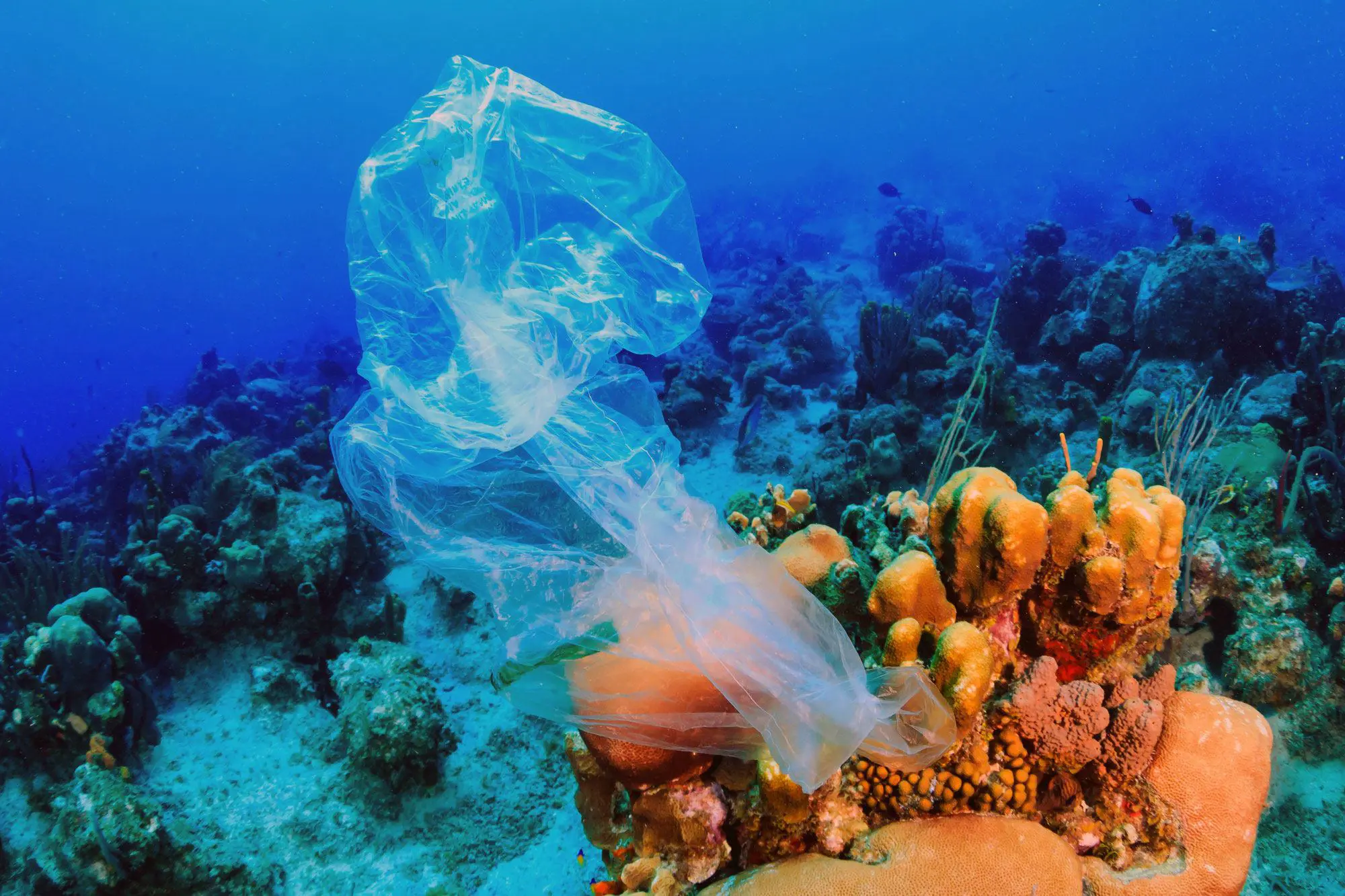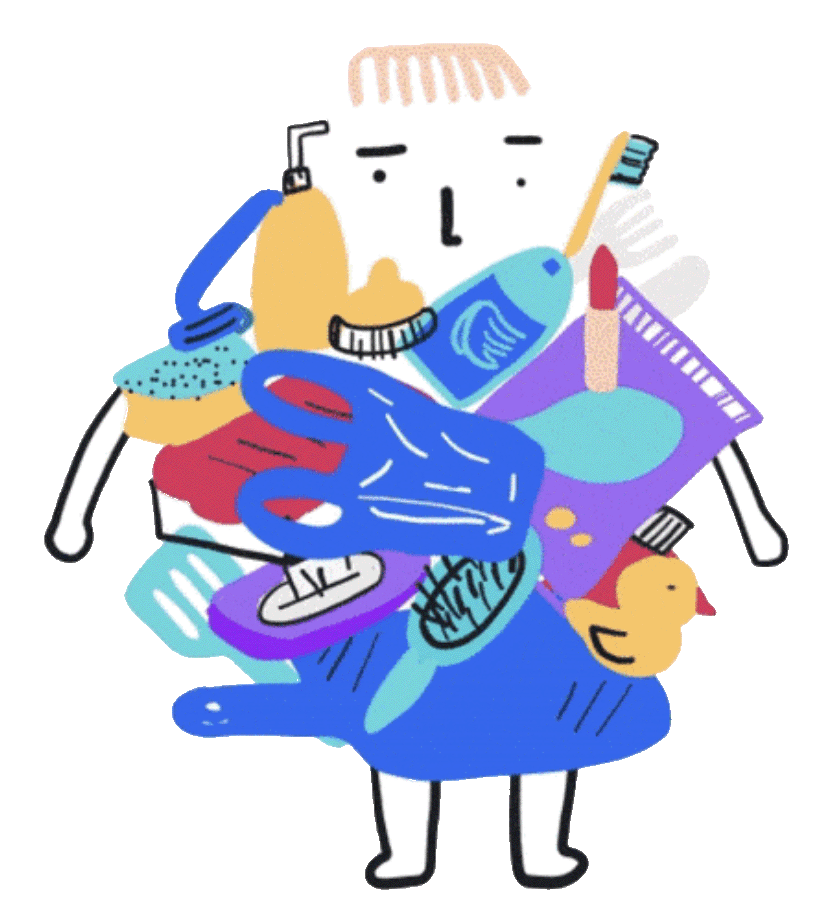The United Nations warns that marine life will be irreparably destroyed. Coral reefs appear to be particularly vulnerable to plastic pollution. The plastic soup will endanger the food supply of millions of people; meanwhile, plastic production grows because of the low cost of shale gas.
Plastic and dying coral reefs
Coral reefs are the most species-rich ecosystems in the ocean. Corals are living organisms that can become ill. Plastic pollution can damage coral reefs. Coral damaged by plastic is weakened and therefore becomes more vulnerable to illness: corals that catch plastic have a 20 times greater chance of becoming ill. Furthermore, plastic can seal off light and oxygen, and release toxins. The most alarming thing, however, is the strong link between plastic pollution and dying coral reefs. Bacteria can piggyback on plastic and colonize it. If pathogenic bacteria attack the coral, nothing can be done. Researchers compare such cases to gangrene, the process of ongoing tissue death in humans and animals.
Cheap shale gas
Ethane is a natural gas that is derived from shale gas. Plastic made of ethane now has a 40% share of world production because it is so cheap. The International Energy Agency predicts that ethane production will increase by 70% by 2030. A quarter of the ethane produced in the United States, one of the countries with the most recoverable shale gas worldwide, is expected to be exported mainly to Europe. Ships transport the gas to Europe, where new ethane crackers and plastic factories are being built.
An estimated 3% of all the plastic produced worldwide ends up in the ocean. An increase in plastic production will undoubtedly lead to more plastic soup and, ultimately, to more plastic than fish in the oceans.
Donate and make a difference
Science is at the forefront of everything wedo. We work closely with universities and want to keep you up to date with the latest knowledge and developments. For this we also need your support, help us by making a donation!


.png)

